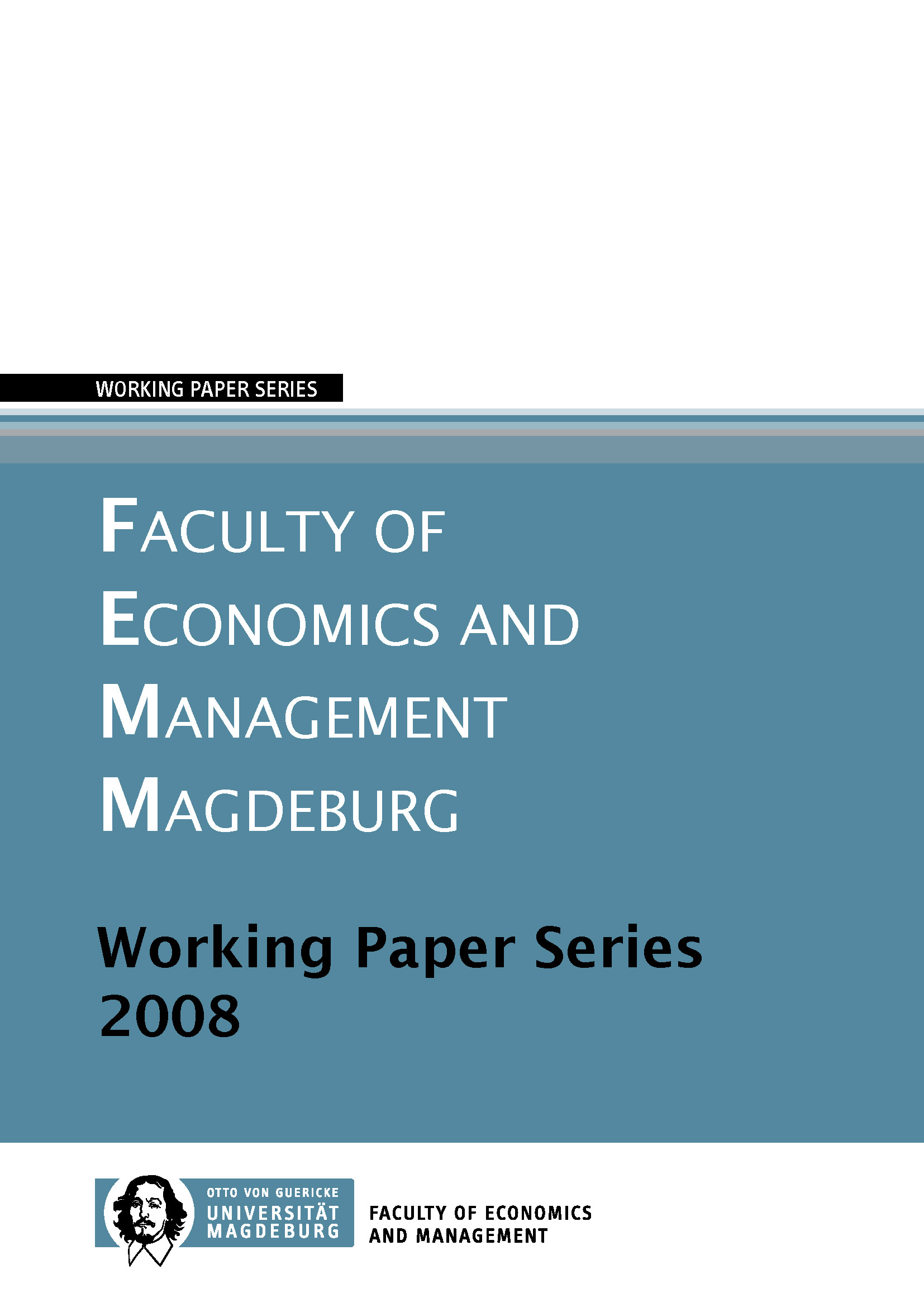An Experimental Analysis of Parallel Multiple Auctions
DOI:
https://doi.org/10.24352/UB.OVGU-2018-372Keywords:
simultaneous auctions, internet auctions, market design, electronic businessAbstract
At online auction platforms we often observed that substitutable goods are auctioned concurrently with auctions ending at the same time. I introduce an experimental setup of three sellers and four buyers in an ascending second price auction environment where every seller runs one auction with a homogeneous good and the buyers are confronted with single unit demand. I find that sellers revenue is significantly lower than theory predicts due to the fact that some auctions did not receive bids whereas other auctions concentrated the bids of all bidders. Moreover, I observe a statistically higher revenue of sellers setting the minimum starting price. Furthermore, my study shows that the buyers submit bids which are significantly lower than the private valuation every buyer receives. Comparing the efficiency of the parallel multiple auction setup to a double auction control experiment, I find a significant lower efficiency in parallel multiple auctions due to the coordination failure of the buyers.


